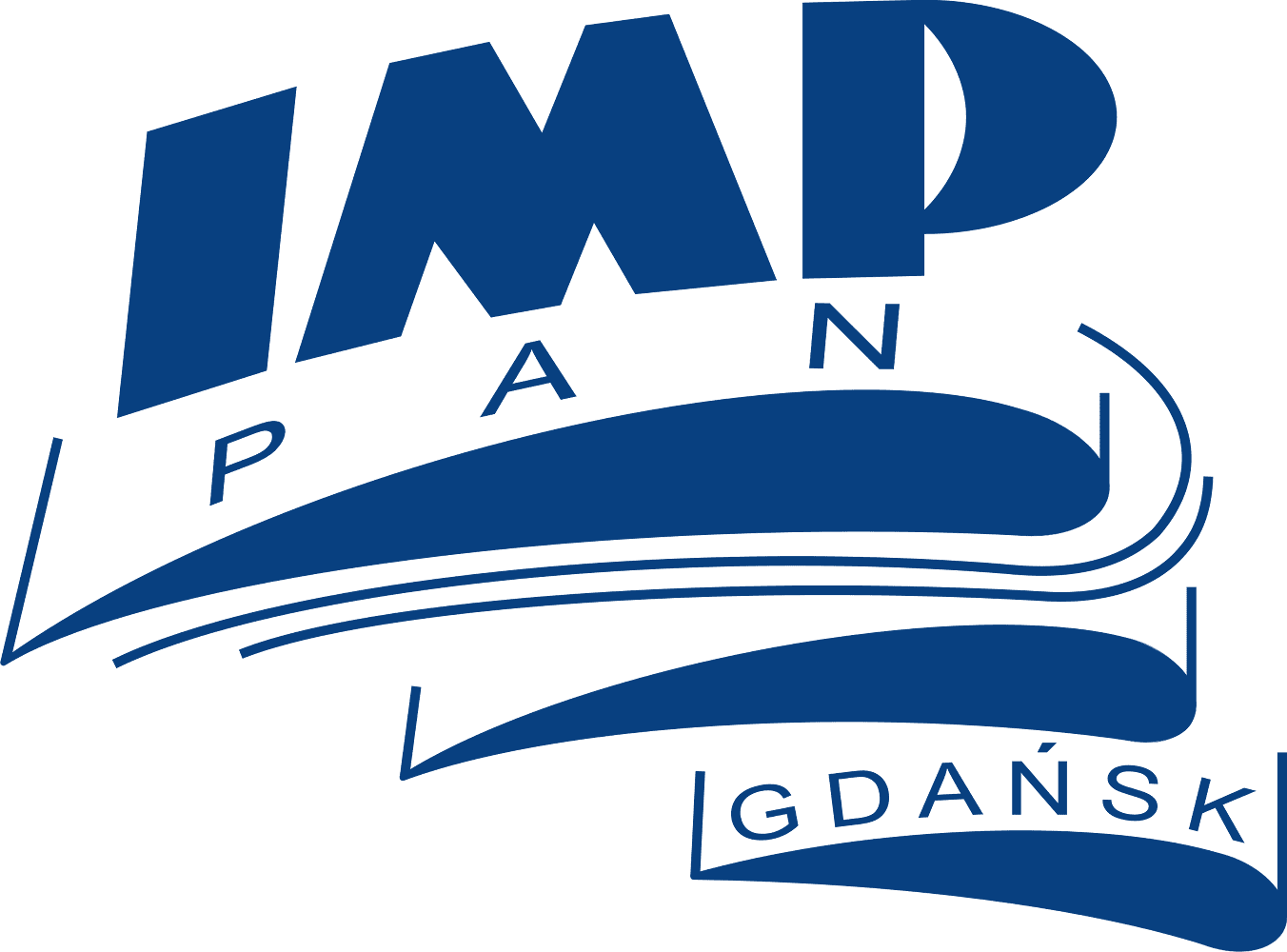Renewable power industry
The Department of Turbine Dynamics and Diagnostics participates in the work on the development and promotion of renewable energy sources. Actions in this direction are implemented through taking part (often acting as a project coordinator) in R&D projects developing eco-friendly technologies. The Department’s interests include (but are not limited to) : ORC-based cogeneration systems, utilisation of waste heat, wind turbines, water turbines, as well as heat transfer issues. We also deal with subjects focusing on efficient use of renewable sources of energy in small houses, multi-occupied buildings, agricultural holdings and municipal energy centers.
ORC-based cogeneration systems
The Department of Turbine Dynamics and Diagnostics has been coordinating works on prototypical ORC-based CHP micro power plant, under the framework of the project entitled ‘Model agroenergy complexes as an example of distributed cogeneration based on local and renewable sources of energy’, which was financed from the OP IE [Operational Programme Innovative Economy].
The CHP micro power plant is a low-power device, which enables producing heat and electricity at the same time, using biomass or biogas, that is to say, exploiting local renewable energy sources. It was designed to meet the energy needs of private individuals. A key benefit of this micro power plant is a significant improvement in fuel utilisation efficiency of cogeneration in comparison with conventional power plants. The turbine set (the micro-turbine with an integrated power generator) is the most advanced technical device among all the components constituting a system of devices needed in a cogeneration process. Within the above-mentioned project, the staff members of the Department were involved in the work on several prototypes of such machines. The newly-developed machine is able to operate with thermal energy storages or solar collectors, creating modern and environmentally friendly source of electric and/or thermal power.
Rys. 1. The built prototype of ORC-based CHP micro power plant (and its 3D model).

Rys. 2. Testing of four-stage, radial micro-turbine.
Utilisation of waste heat
The organic Rankine cycle (ORC) systems enable utilisation of waste heat for the generation of electricity, improving the efficiency of processes and allowing better use of available energy resources. Given the strategic importance of this technology for the EU in terms of energy security and reduction of greenhouse gas emissions, it is worth pointing out that the basic advantage of this solution is the possibility of using “free fuel” in the form of low temperature heat (hot water/air coming from industrial processes).

Rys. 1. Testing of scroll expander operating in the ORC-based system.
With the experiences gained in the development process of the ORC-based CHP micro power plant as well as other systems with higher output powers, the employees of the Department of Turbine Dynamics and Diagnostics are now able to design an ORC-based system with electric power from a few to several tens of kilowatts, tailored to local circumstances and type of waste heat available. The process of designing a device of this type is a synthesis of such issues as the selection of working medium, heat exchangers, expander and control system components as well as the preparation of full final documentation. Such a system allows production of electricity at optimal efficiency and is able to offer a short playback time to potential customers.




















